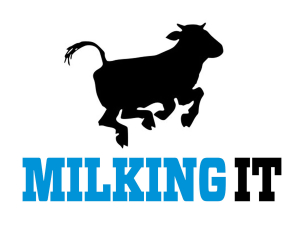OPINION: Research across the ditch has found that seaweed doesn’t just make a tasty wrap for sushi rolls.
Australian researchers found that feeding it to cows can slash methane pollution from the animals’ burps by over 50%.
Researchers worldwide have been investigating different ways to make cows’ burps more environmentally friendly, and some, like the Australian researchers, have proven that red seaweed could be a gamechanger
As the Guardian reported, a 200-day trial at the Kerwee Feedlot near Brisbane, Australia — one of the longest commercial trials of the red seaweed additive so far — found feeding cows a supplement derived from Asparagopsis, a type of red seaweed, more than halved methane released from the cattle.
On day 29 of the trial, cows given the supplement produced 91% less methane — the largest reduction measured during the study.

















